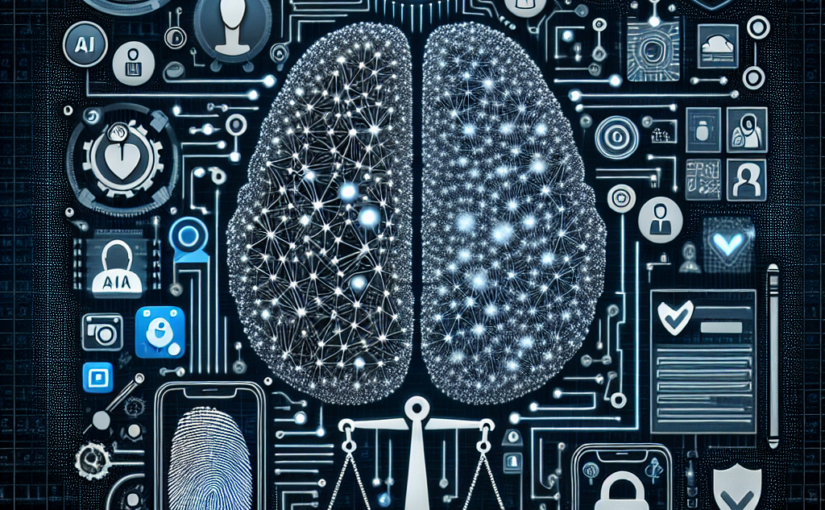The digital age has ushered in unprecedented advances in artificial intelligence, but at what cost to personal privacy? Every click, voice command, and facial recognition scan feeds into an increasingly sophisticated network of AI systems that shape modern life. Understanding this complex relationship between AI and privacy has never been more crucial.
The Data Behind the Curtain
AI systems continuously collect an astounding array of personal information. From biometric data like facial features and fingerprints to behavioral patterns from internet browsing, these systems create detailed digital portraits of users. Health records, location tracking, and financial information further complete this comprehensive profile.
Smart devices have become particularly adept at gathering personal data. Virtual assistants like Alexa and Siri actively listen for commands, potentially capturing private conversations. Meanwhile, social media algorithms analyze online behavior to create eerily accurate user profiles for targeted advertising.
Privacy Challenges in the AI Era
The widespread collection and use of personal data raise significant concerns. Facial recognition technology, for instance, can identify individuals without consent, leading to legitimate fears about surveillance and privacy invasion. Moreover, predictive analytics can uncover sensitive information from seemingly innocent data points, potentially exposing personal details users never intended to share.
Legal Framework and Protection
While regulations like GDPR and CCPA provide some safeguards, the rapidly evolving nature of AI technology often outpaces legal protection. These laws grant users rights to access and delete their data, but questions remain about their effectiveness when personal information becomes integrated into AI models.
Striking a Balance
Recent developments show promise in addressing privacy concerns while maintaining AI’s benefits. Privacy-preserving techniques like federated learning allow AI systems to learn from data without directly accessing personal information. Additionally, efforts to create more transparent and explainable AI systems help users better understand how their data is being used.
The Path Forward
As AI technology continues to evolve, the conversation around privacy protection must remain at the forefront. Users can take proactive steps by:
– Regularly reviewing privacy settings on digital devices
– Being selective about sharing personal information
– Understanding how different AI applications use their data
– Supporting privacy-conscious technology solutions
The intersection of AI and privacy represents one of today’s most pressing technological challenges. While AI offers remarkable benefits, protecting personal privacy requires ongoing vigilance from users, developers, and policymakers alike.

